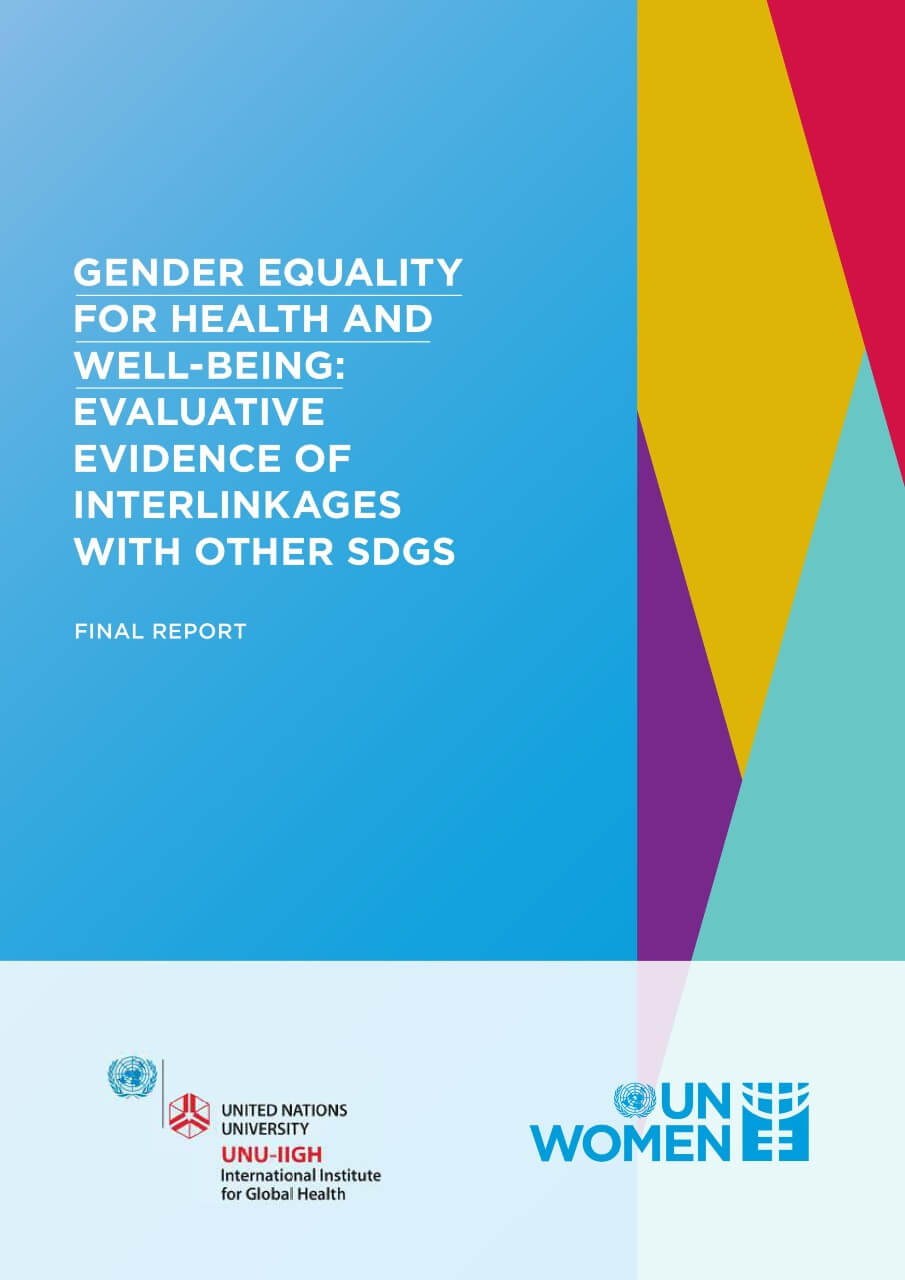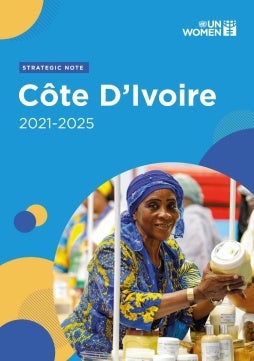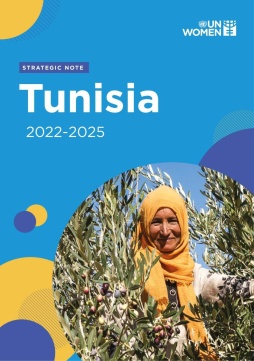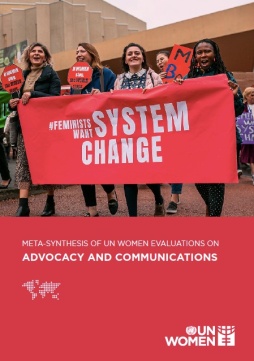Gender equality for health and well-being: Evaluative evidence of interlinkages with other SDGs
Understanding synergies and trade-offs between Sustainable Development Goals (SDGs) is an important component of SDG focused evaluations. Progress towards SDGs needs to consider feedback and interaction between society, the economy, the biosphere, and the interventions aimed at achieving these goals.
However, the current assessment approach is based on only one or a few indicators that do not evaluate the interdependence between goals and targets. This study consists of an analysis of evaluation reports of United Nations Evaluation Group members to build conceptual models (Phase 1) whose interlinkages can be analysed empirically with secondary data analysis (Phase 2).
Overall, based on the reports included in this review, it can be concluded that gender equality has strong linkages with health and well-being directly or indirectly through other SDGs under multisectoral, collaborative contexts. In other words, promoting gender equality is associated—not necessarily causally—with improvements in a variety of health, well-being, and other development outcomes.
The overall evidence in this report is strong in supporting gender mainstreaming interventions to achieve gender equality and to improve health and well-being and other goals. Based on the findings, there is a need to develop stronger evaluation designs and methods to identify how and why SDG 5 interacts with SDG 3 and other SDGs in reinforcing and negating ways, and in what contexts, to support informed decision-making on trade-offs for more positive progress across the SDG framework.









